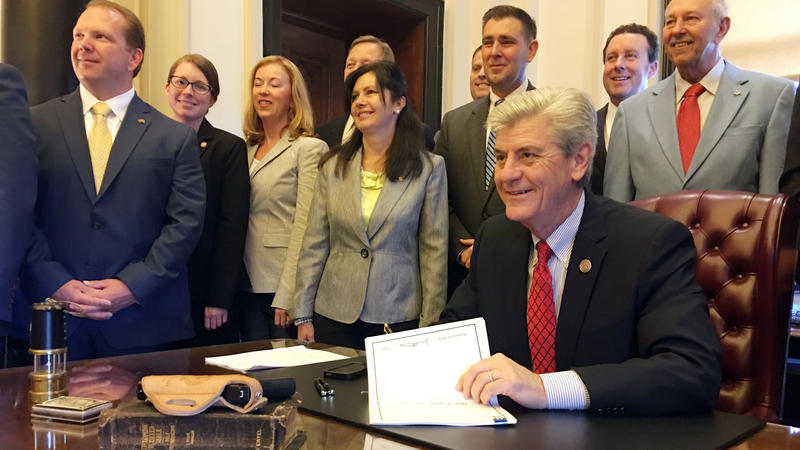
Mississippi Gov. Phil Bryant smiles as he signs the Protection Act, Friday, April 15, 2016, in Jackson, Miss. The law allows places of worship to designate some members to undergo firearms training and carry weapons inside church to protect the congregation. The governor’s handgun rests on the Bible.
By David Underhill –
MOBILE, Ala – “He was his slave.†The man was casually describing the connection between a relative and “an old black man†who worked on an extended-family tract outside the city. They rode around together in the relative’s truck doing chores, he said, and the “slave†was allowed to live in a house on the property.
That wasn’t a recitation of family lore from some olden time. It referred to this century.
Drive the highways and notice the convict gangs bagging trash along the shoulders. Pass prison fields where mounted guards with shotguns herd inmates hoeing crops. You wouldn’t know slavery ended a century and a half ago because it didn’t, except legally.
See the columned mansions behind mossy oaks along city streets and realize that within them live the direct descendants of slave plantation masters, timber barons, and shipping magnates who scooped up the region’s resources and sold them to the world. The crafty heirs of this inheritance didn’t squander it. They magnified and diversified it into investment portfolios conferring the quiet authority that accompanies wealth.
In this ghostly form slavery survives, more pervasive and powerful than the embodied form of a single old handyman “slave†puttering around in a pickup on a small family acreage in the countryside.
Incubating pious monstrosities
This abiding legacy accounts for the South habitually birthing monstrosities – as viewed from elsewhere. Another batch is hatching.

In righteous indignation the North Carolina legislature swats down attempts to let citizens of wavering gender choose which public restrooms to use. The Tennessee legislature declares the Bible the official state book. The Alabama education department requires biology texts to carry an insert doubting evolution; licensing authorities offer car tags with personal messages for a $50 fee but God Bless America is free; and the chief justice of the supreme court wages a Bible-based jihad against same-sex marriage. Mississippi passes a law legalizing discrimination on religious grounds against gays and then adds another law allowing open carry of firearms inside churches to guard against marauders (if not missionaries of sharia law also).
These excursions excite the amazement and derision of outsiders. Backward, prejudiced, ignorant, intolerant, self-defeating, fundamentalist, hateful. Those are some of the more generous adjectives attached to the area.
Without such toxic verbal fogs saner motives for the pattern of peculiar deeds could be perceived.
Sustaining a rickety system is a tricky feat. The South’s social structure is flagrantly out of kilter with the country’s myths about itself (as is the rest of the country, though less drastically so). Every election season emphasizes this. Candidates pester the public with prattle about achieving the American Dream and providing everybody equal opportunity to reach their full potential. This never happens and the litany remains handy for the next election. Rinse and repeat.
What actually happens is that the girders of privilege and advantage for some and constant flailing against sinking for others stay intact. Aside from wastrels frittering away wealth and occasional Oprahs rocketing from below, the system replicates itself through generations. The same families in the same locales still own the same major assets and occupy the same prominent positions. And those without these things before remain so – if not more so.
Heavenly civics
Periodically agitators recruit audiences by noting these features and promising to correct them in conformity with the dreamy campaign rhetoric about equality and opportunity. You can’t attain your potential without health, they will say, so medical care should be a right not a luxury for those able to pay. The same for education, up to any level a student seeks. And the quest for equality shouldn’t suffer from inability to reach a promising job. So cheap public transit should be available everywhere.
Where does this logic stop? Should a roof over your head and food in your stomach also be rights? What about tickets to prime cultural and sporting events that only the gilded can now afford? Or vacations at choice beaches and mountain vistas that are walled private reserves but could be public parks? And could such measures be financed in any way other than taxes or expropriations targeting fat fortunes for redistribution?
In prosperous places with somewhat egalitarian traditions such questions can receive pacifying responses that dribble a dose of solace on the grievances, which blunts them for a while. The South lacks the means and the inclination to do that.
But the South can promise Heaven.
Offering this celestial prospect isn’t confined to church. When legislators and governors legalize Christian wishes they amplify the promise of Heaven. They aren’t simply turning doctrine into law. They are also delivering a civics lesson, which is:
Nothing is rightly yours – except your beliefs about hereafter. We will honor and bow to those. And you, in turn, must leave the earthly realm to us. You have no right to intrude upon what we decree about the disposition of worldly things. And we will allow you to practice your faith however you desire without hindrance.
This unspoken accord turns religion into a tamed pet immunized against fevers like liberation theology, the social gospel, and civil rights movements led by preachers. The ordinary faithful do not fashion this arrangement. It is assembled by the allied chiefs of money, politics and media (frankly termed The Establishment at national levels lately) and by religious leaders, both clergy and lay.
The religious partners in this deal play a traditional role. They are Uncle Toms (plus a few Aunt Jemimas), although most are white. While leading their congregations, they serve the established master. This gives them a finely honed schooling in the art of the possible, and they know it is impossible to offend the master yet keep the benefits of Tomming.
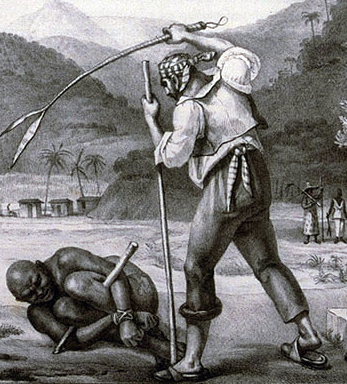
Thus the church receives the nurture and protection of the state, and the masters of the state retain the ghostly powers derived from the slave era without interference by the church. This explains the South’s periodic spasms of theocratic enactments that astonish and darkly amuse the rest of the country.
Christian karma
Those laughing derisively should enjoy themselves while they can, because the joke will later be on them. Southern extremes that seem outlandish forecast the future elsewhere.
Slaves freed into rural poverty eventually fled to northern cities, taking their poverty with them and creating innercity ghettos. The low-wage, non-union South became so attractive to industry that the North let wages shrink and unions shrivel to counter the southerly lure. The South pioneered schemes for deflecting and disenfranchising voters from troublesome demographics. Now states like Wisconsin and Arizona are proud leaders in voter suppression tactics. The pathologies once attributed to blacks are extended to northern whites. Last month an article in the conservative National Review damned “the white working class’s descent into dysfunction…nobody did this to them. They failed themselves…in thrall to a vicious, selfish culture whose main products are misery and used heroin needles.†The environmental ruin welcomed across the South as a seeming source of jobs and progress becomes a temptation in other states as industry moves abroad. A complete list of such examples would be very long.
The same applies to the South’s characteristic twining of state and religion. The rise of the One Percenters as a social category and campaign issue shows how the rest of the U.S. is evolving toward a replica of the South. As the One Percenters gather ever more wealth and ascend from the throng, the Left Behind are not the faithless stranded on earth when the saved depart during the Rapture. The truly Left Behind are the Ninety Nine Percenters.
Especially among the most bereft of them the promise of Heaven will appeal. Visions of streets paved with gold in a bountiful land suffused with an angelic soundtrack far surpass the present. For One Percenters such chancy visions aren’t a great improvement on what they have already.
But the more they ascend the more precarious their upper perch becomes. The gap is too great between them and the approved ideology of equality and opportunity. In the South this gap has been wider for longer than in the rest the U.S., and the solution has been the cozy co-habitation between church and state for mutual protection.
This isn’t a sure solution. The Left Behind still might decide not to wait for their reward hereafter. But the paired support of the two major institutions usually keeps a highly lopsided teetering system mostly upright.
So expect a kindred version of the southern solution across America (abroad too) as the corporate cousin of the slave plantation elite devises ways to secure its prominence. Then the sneering about the South’s bizarre religious forays into affairs of state will cease, because these practices will become the national norm.
Unless some great convulsive contrary events occur, as the South also generates from time to time.
Before you continue, I’d like to ask if you could support our independent journalism as we head into one of the most critical news periods of our time in 2024.
The New American Journal is deeply dedicated to uncovering the escalating threats to our democracy and holding those in power accountable. With a turbulent presidential race and the possibility of an even more extreme Trump presidency on the horizon, the need for independent, credible journalism that emphasizes the importance of the upcoming election for our nation and planet has never been greater.
However, a small group of billionaire owners control a significant portion of the information that reaches the public. We are different. We don’t have a billionaire owner or shareholders. Our journalism is created to serve the public interest, not to generate profit. Unlike much of the U.S. media, which often falls into the trap of false equivalence in the name of neutrality, we strive to highlight the lies of powerful individuals and institutions, showing how misinformation and demagoguery can harm democracy.
Our journalists provide context, investigate, and bring to light the critical stories of our time, from election integrity threats to the worsening climate crisis and complex international conflicts. As a news organization with a strong voice, we offer a unique, outsider perspective that is often missing in American media.
Thanks to our unique reader-supported model, you can access the New American journal without encountering a paywall. This is possible because of readers like you. Your support keeps us independent, free from external influences, and accessible to everyone, regardless of their ability to pay for news.
Please help if you can.
American journalists need your help more than ever as forces amass against the free press and democracy itself. We must not let the crypto-fascists and the AI bots take over.
See the latest GoFundMe campaign here.
Don't forget to listen to the new song and video.
Just because we are not featured on cable TV news talk shows, or TikTok videos, does not mean we are not getting out there in search engines and social media sites. We consistently get over a million hits a month.
Click to Advertise Here


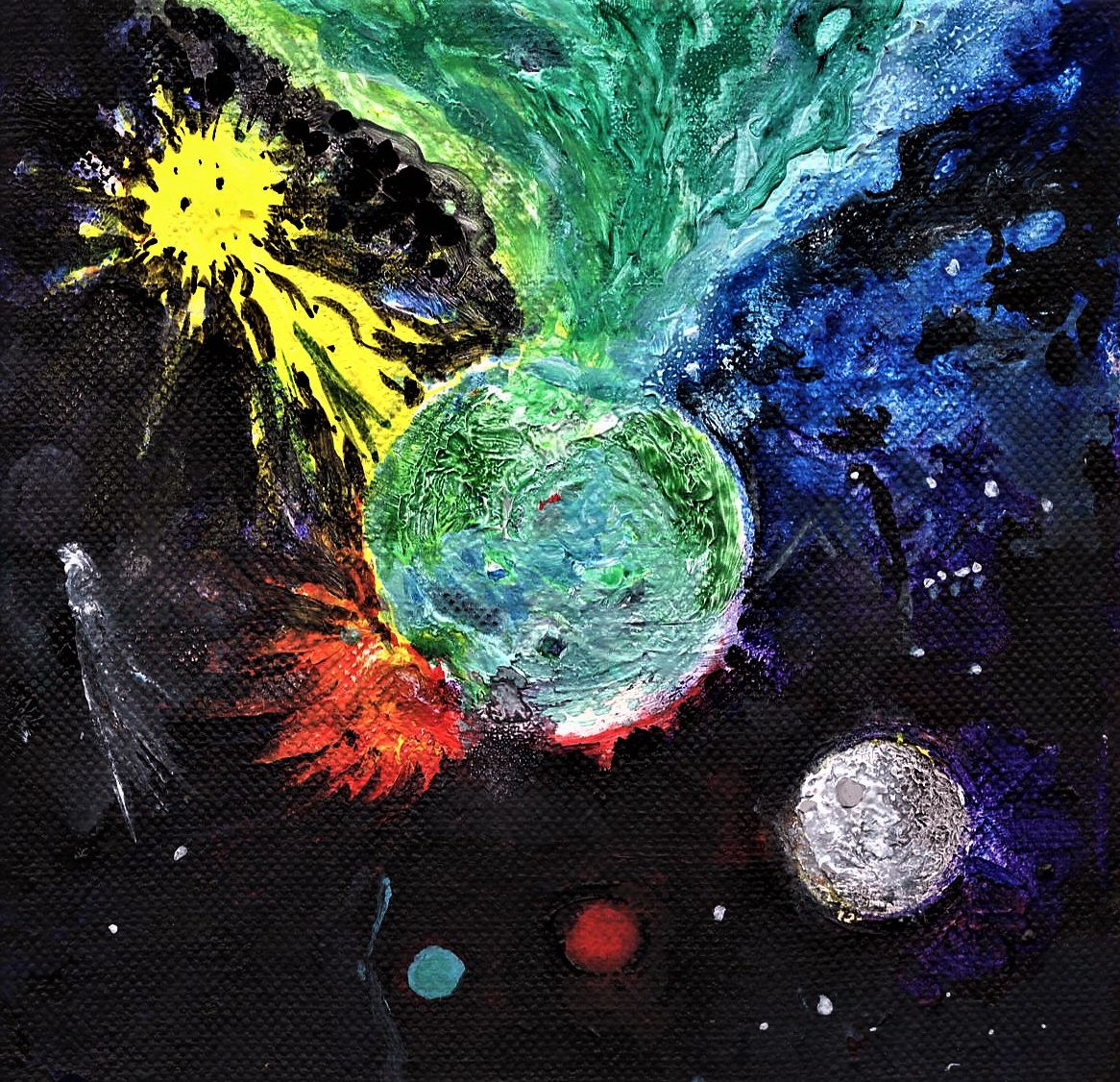
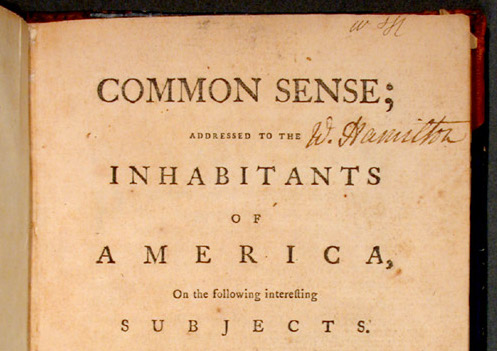
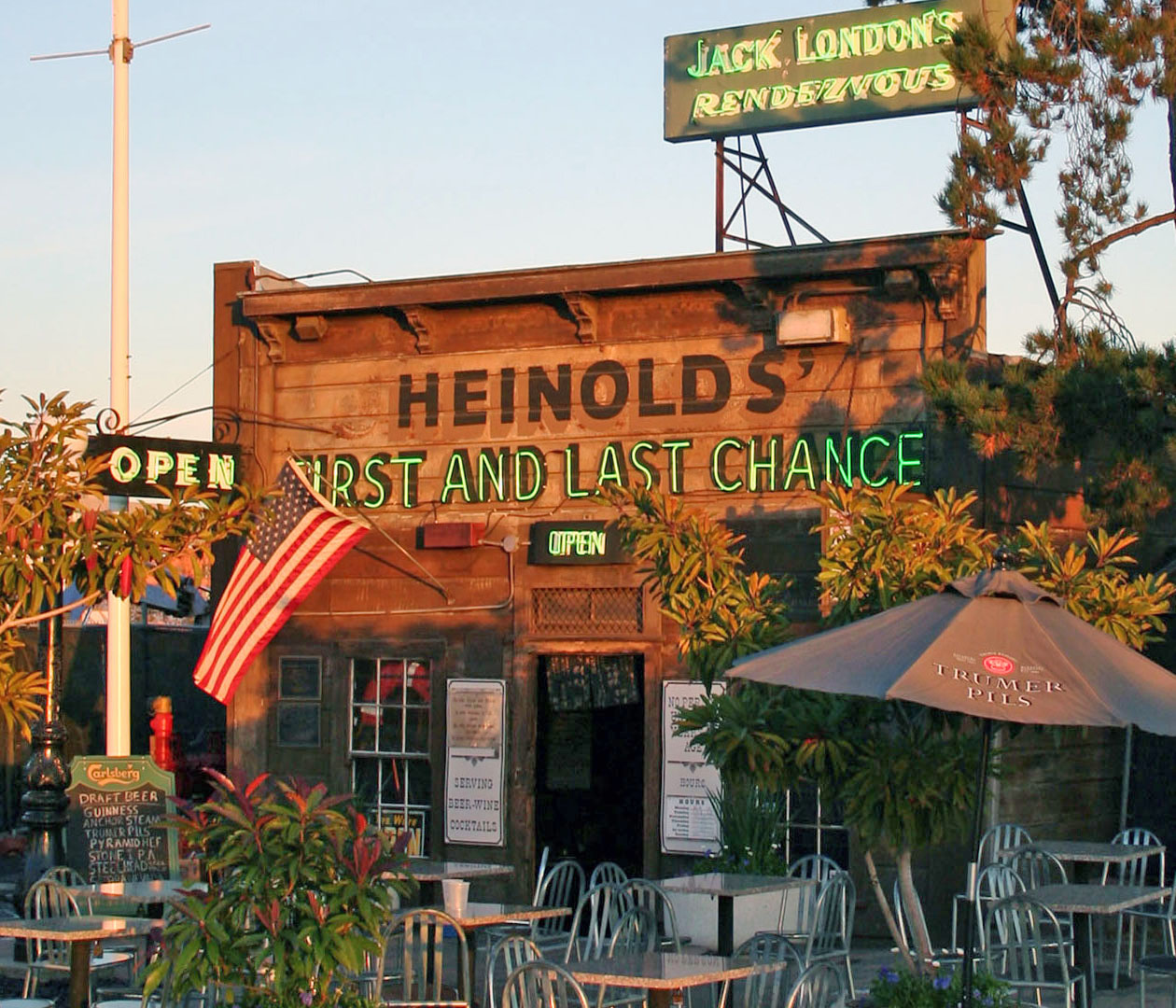
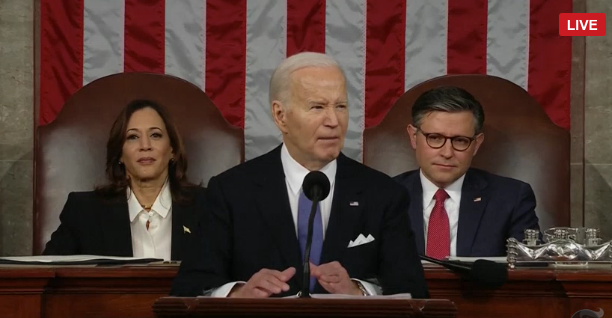

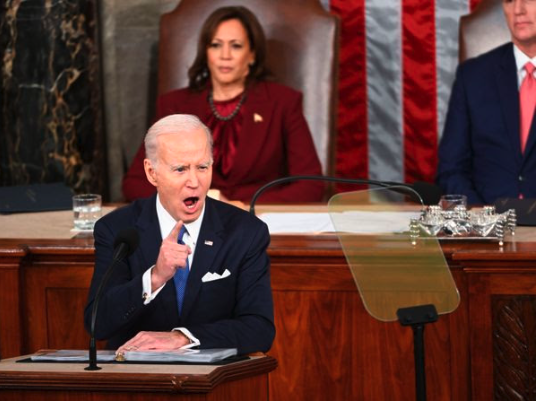







David Underhill is keenly perceptive. I never thought about the possibility that Southern societal pathology might be spreading across the nation on the backs of religion-bearing pack mules.